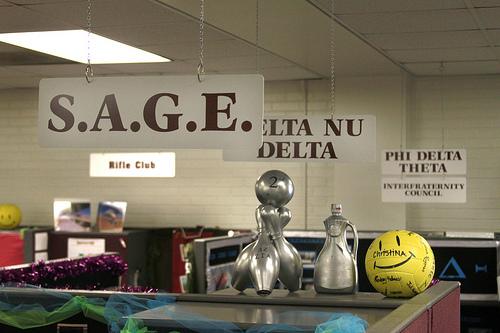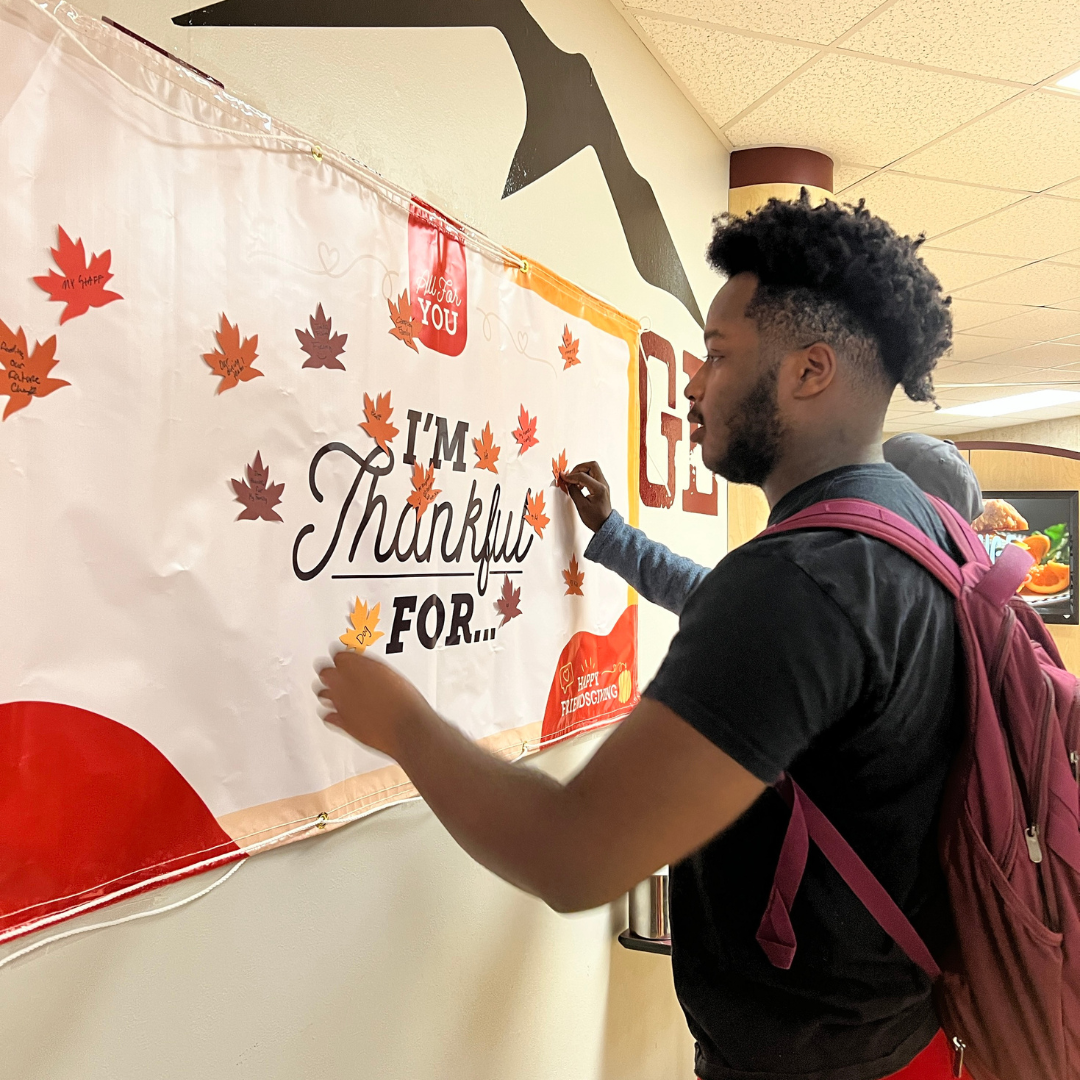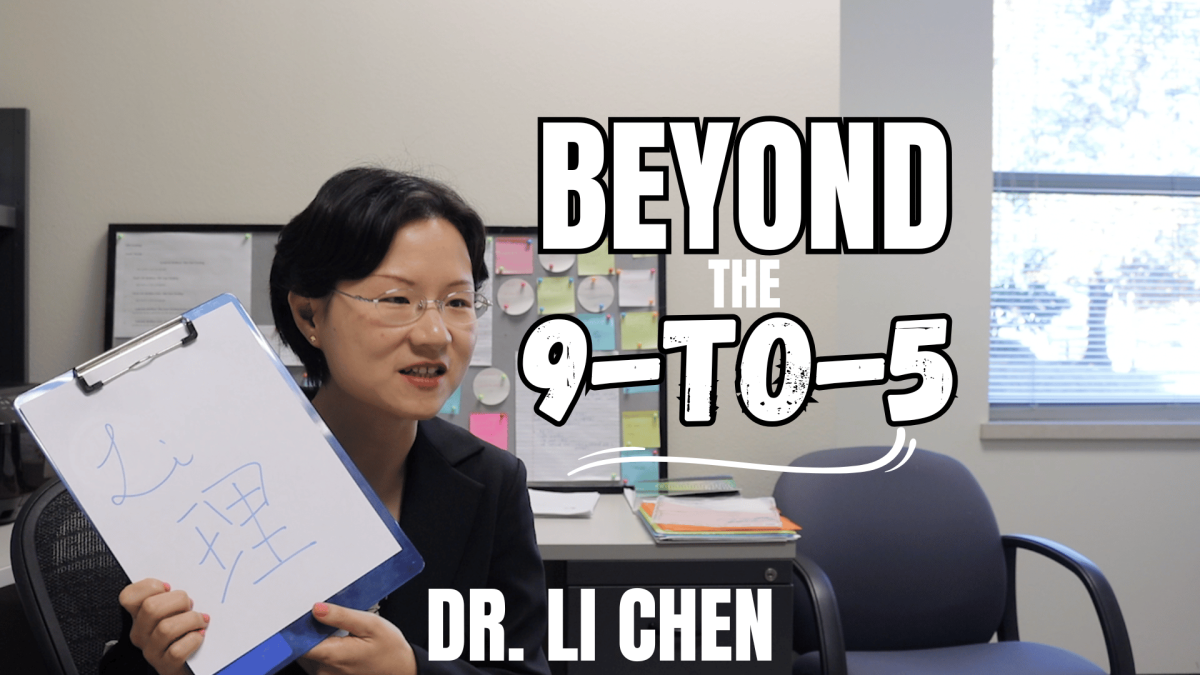
Getting involved on campus can do more than just socially advance students at WTAMU. WT’s website states that involvement in student organizations can broaden horizons, create life-long friendships and strengthen the community.
According to Skip Chisum, director of student activities, involvement in student organizations gives students skills that will later translate to a resume.
“My job is to turn out marketable students,” Chisum said. “Employers are looking for more than a 4.0. They’re looking for well-rounded individuals.”
Student organizations can teach students communication skills, how to delegate, deal with conflict and how to budget and plan big events.
According to Matt Maples, associate director of student activities, students can also learn leadership skills.
Student organizations are involved in things such as community service, leadership committees, and special events. Without student organizations, some events would not be possible.
“We rely on student organizations for events like homecoming and formal,” Chisum said.
Student organizations can also give students a sense of belonging and provide stress management despite causing students to be busier.
“Students shouldn’t be afraid of being busy,” Chisum said. “College can seem a little upside down, but being busy can help you find out what you’re made of. Students should get their hands dirty and get engaged.”
Some of the different types of organizations available to students include mutual interest, departmental, religious, honor societies and Greek.
For some students, the change to college can leave them unsure how to handle their new freedoms.
“The way I explain it to parents is like this: When someone comes to college, it’s like driving on the highway without guardrails for the first time,” Maples said.
Maples said that Greek life is one of the best ways to get involved on campus.
“Fraternities and sororities put up guard rails and keep people from driving themselves off the highway,” Maples said. “They provide structure to college life.”
WT has over 125 registered organizations and this number is continually growing.
Students are encouraged to create new student organizations if a group related to their interest isn’t already in existence.
Chisum said to register a new student organization, a group needs at least eight members, a constitution, and a campus advisor.
And registered groups are at an advantage over non-school related groups because of the resources, such as meeting space, made available by the university.
“The campus is a world in itself,” Chisum said. “The more we can add to it and enhance it, the happier students are going to be.” FRANKIE SANCHEZ
To get connected to a student organization, contact the CORE Center at 651-2313.













